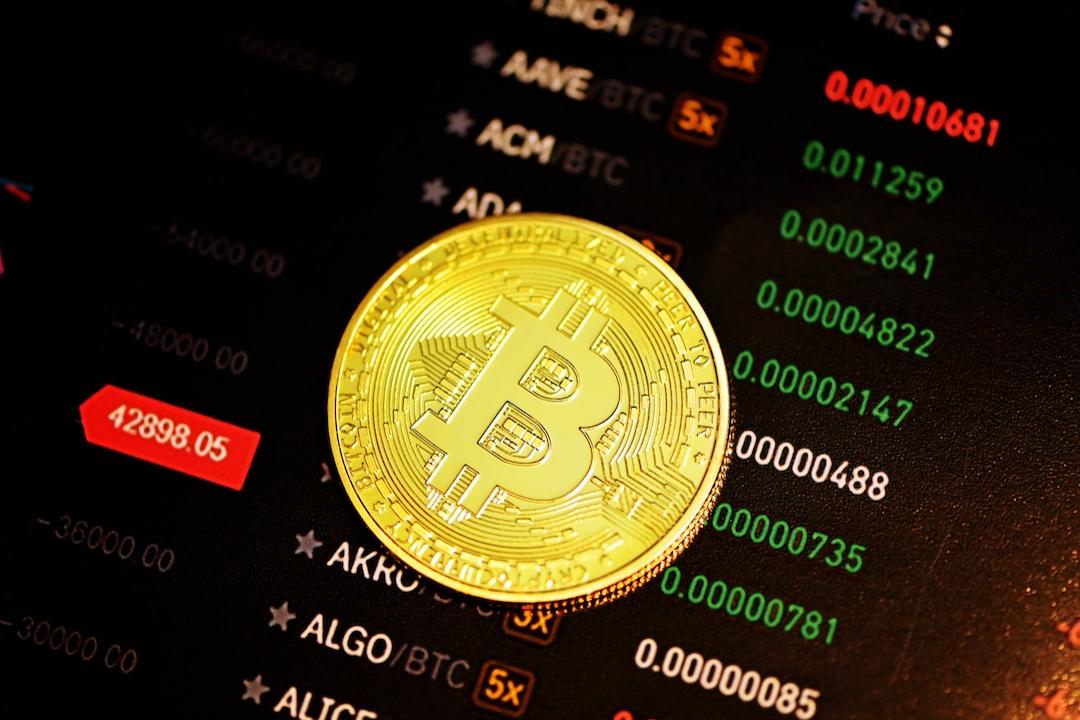Venmo, a versatile financial app, offers various features such as peer-to-peer money transfers and cryptocurrency transactions. It serves as a comprehensive tool for handling financial transactions and navigating modern economic systems.
What is Venmo?
Established in 2009, Venmo is a mobile payment service that has been owned by PayPal since 2013. It operates as a platform for money transfers within the United States, allowing users to exchange money with businesses and individuals. It also functions as a digital wallet, allowing users to accumulate funds for future expenses.
Venmo has recently introduced cryptocurrency transactions, following in the footsteps of its parent company, PayPal. Venmo users in the U.S. (excluding Hawaii) can engage with cryptocurrencies like Bitcoin, Ether, Litecoin, and Bitcoin Cash. In the future, Venmo plans to incorporate the PayPal USD stablecoin.
Buying Bitcoin with Venmo
To purchase Bitcoin with Venmo, users can use their Venmo balance, bank account, or debit card. However, credit cards and Venmo Credit Cards cannot be used for these transactions. There are limits on crypto purchases through Venmo, with a weekly cap of $20,000 and a yearly cap of $50,000.
Buying Bitcoin involves exchanging one currency for another, and the exchange rate determines the amount of Bitcoin received. It’s important to note that cryptocurrency values are highly volatile and can change frequently.
Steps to buying Bitcoin through Venmo:
1. Open the Venmo app and go to the “Crypto” tab.
2. Select “Bitcoin (BTC)” from the list of cryptocurrencies.
3. Click “Buy” and enter the dollar amount to buy in BTC.
4. Review the purchase details, such as the bank account, exchange rate, and transaction fee.
5. Confirm the purchase by tapping “Buy”.
After purchasing Bitcoin through Venmo, it becomes irreversible. Users must sell their digital currencies to convert them back to U.S. dollars. Venmo does not provide compensation for any losses caused by price fluctuations.
Tracking Bitcoin’s price in Venmo
In Venmo, users can track the current market price of Bitcoin by following these steps:
1. Go to the “Crypto” tab.
2. Select “Bitcoin”.
3. The app provides real-time price updates with a line graph showing price movements over different time frames.
Venmo fees for buying Bitcoin
Acquiring cryptocurrencies through Venmo incurs fees based on the purchase size. These fees include the spread between the market price and the USD-to-crypto exchange rate, as well as a transaction fee. Venmo discloses both rates during transactions, with an estimated 0.50% spread.
It’s important to consider additional bank fees, such as overdraft charges, when using a linked bank account or debit card for crypto purchases. Venmo doesn’t cover these fees imposed by banks.
Who can buy Bitcoin with Venmo?
To buy Bitcoin with Venmo, users must meet the following criteria:
– Be at least 18 years old.
– Physically present in the U.S. (except for Hawaii).
– Have a Venmo balance, bank account, or debit card.
– Have a unique U.S. cell phone number not associated with another Venmo account.
Users must also complete identity verification to access cryptocurrency transaction services on Venmo. These services are only available for personal Venmo profiles and not for business or charity profiles.
Price Alerts in Venmo
Venmo’s Crypto Price Alerts help users stay informed about Bitcoin market movements. Push notifications are sent when the chosen cryptocurrency’s price experiences a daily percentage change. However, it’s important to verify information received through price alerts before making decisions.
Security measures in Venmo
Venmo prioritizes security by using data encryption technology and offering features like log out options, PINs for mobile apps, and two-factor authentication. However, users should be aware of potential risks, such as scams and fraud, and take precautions like using strong passwords, keeping accounts private, and transacting with trusted individuals and businesses.
Drawbacks to buying Bitcoin with Venmo
Buying Bitcoin through Venmo has certain drawbacks to consider. Venmo’s Purchase Protection doesn’t cover cryptocurrency purchases, making users vulnerable to losses from price fluctuations. Additionally, Venmo’s Bitcoin and investment balances are not protected by federal or private insurance, unlike traditional banks. Furthermore, the currency or asset acquired on Venmo remains limited to the platform, making it impossible to transfer crypto to other platforms or personal accounts.

